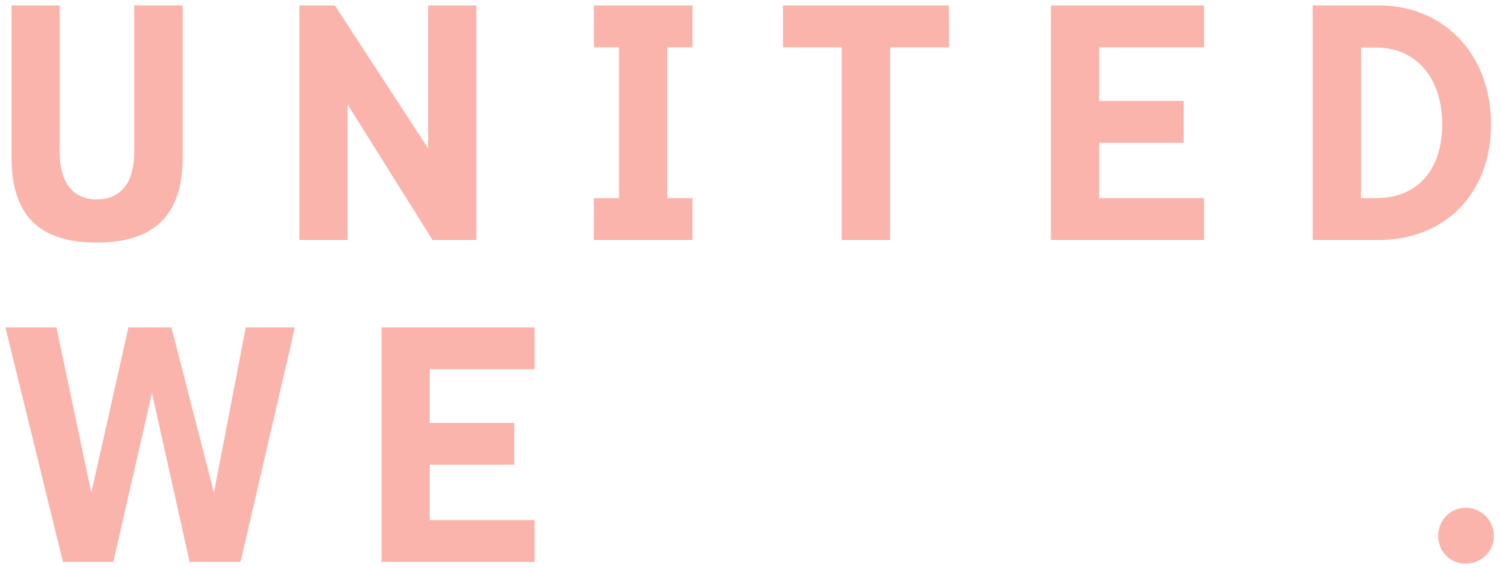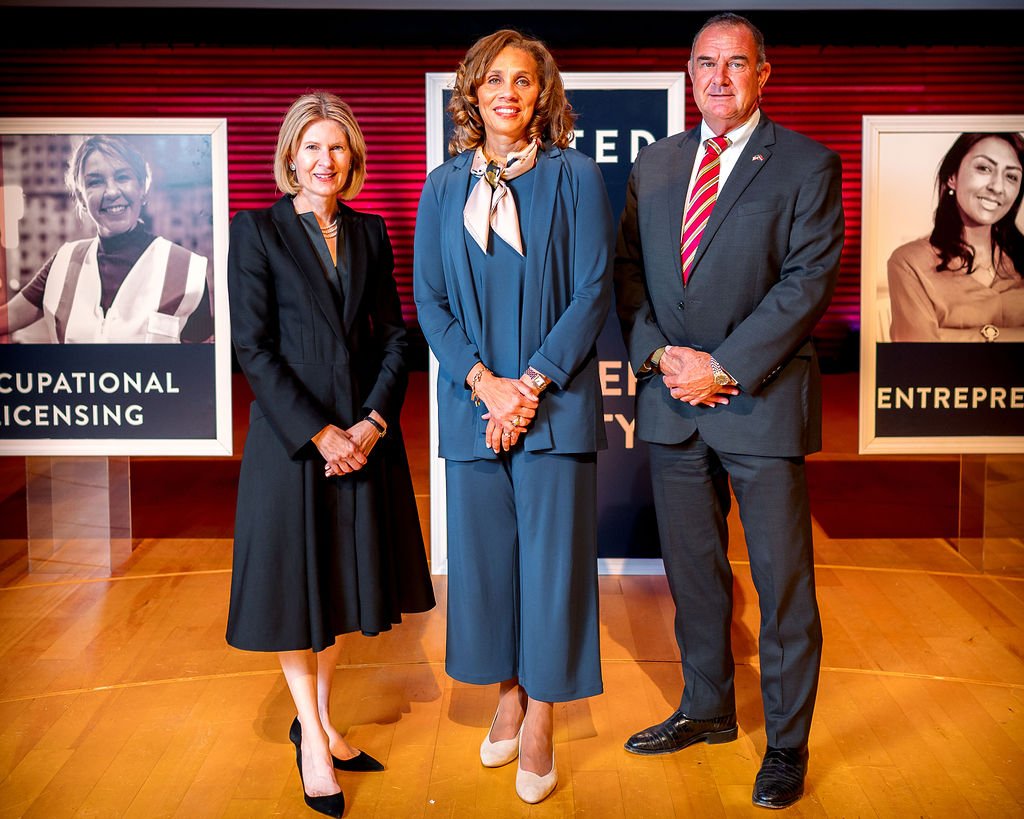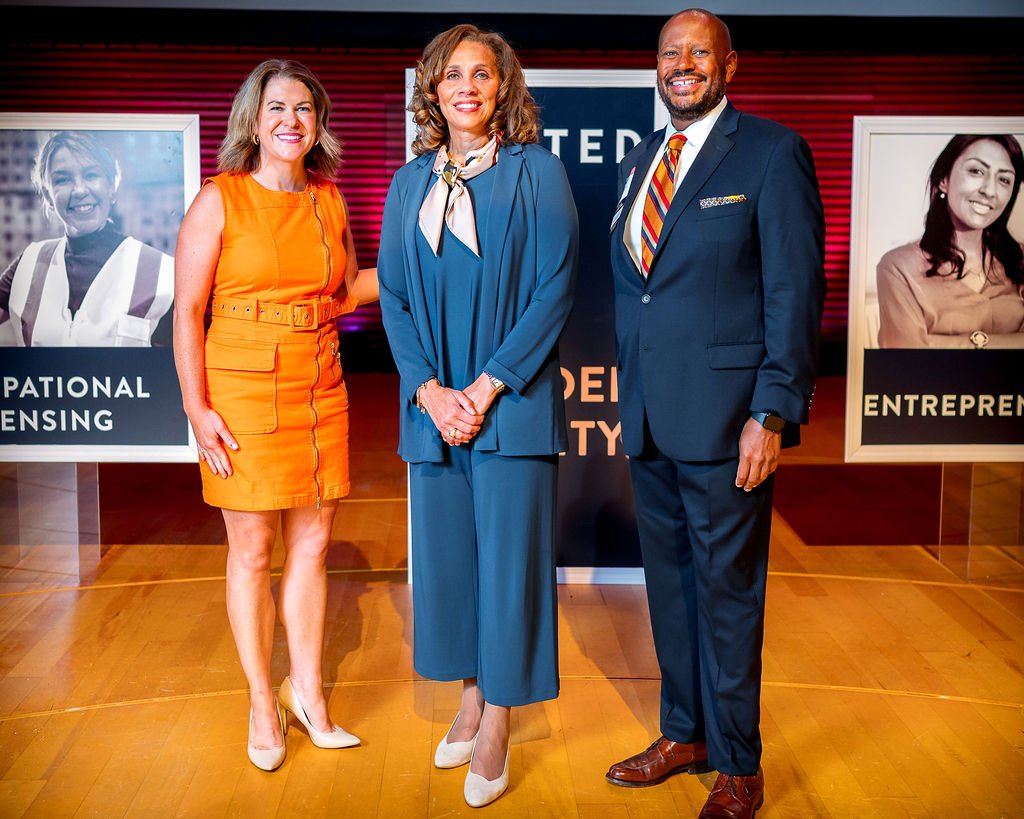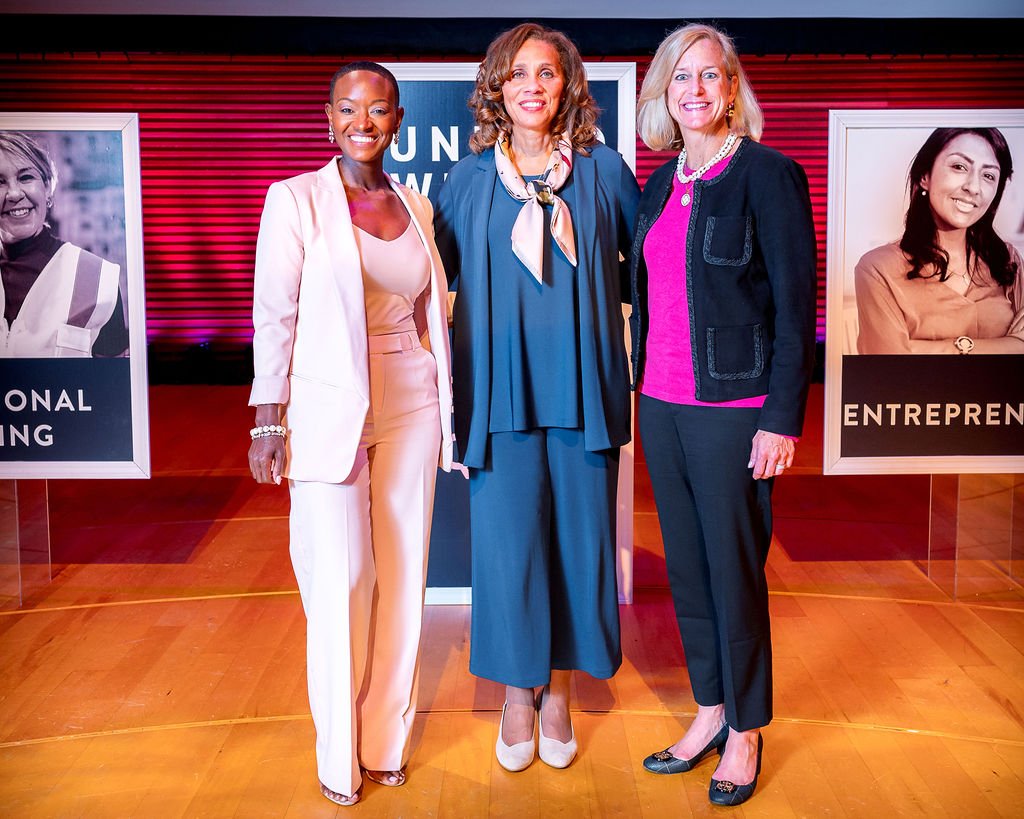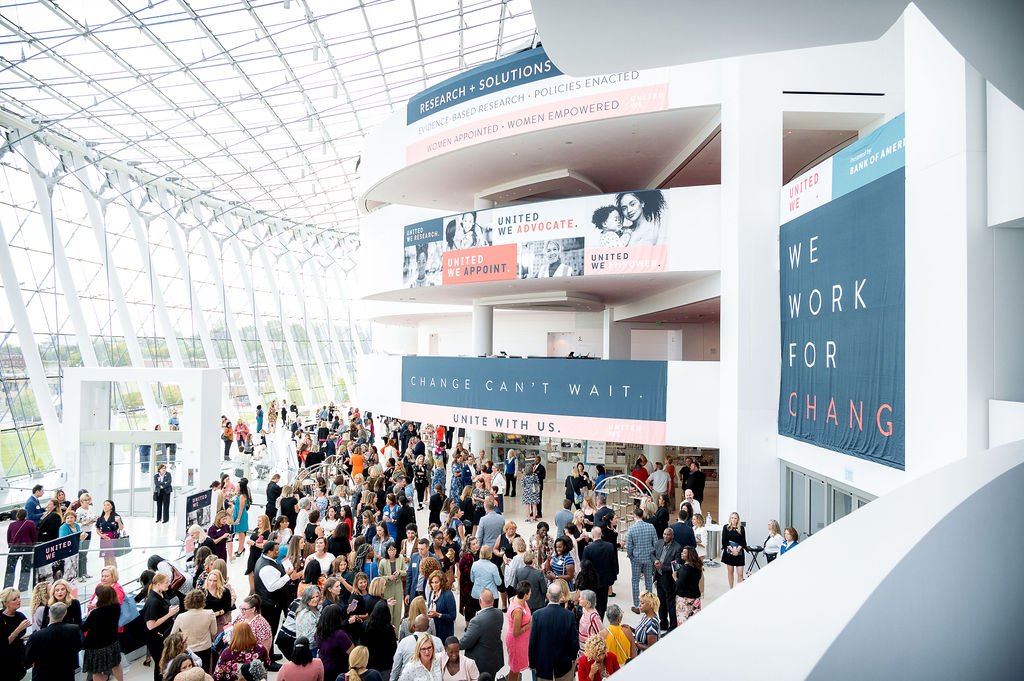Although Progress is Being Made, Occupational Licensing Requirements are Still Creating Barriers to Entry for Those In Greatest Need of Economic Opportunity
Kansas City, Mo – August 25, 2022 – United WE, a nonpartisan nonprofit organization, held a virtual press conference today with the University of Missouri’s Institute of Public Policy to announce findings from ongoing research on Occupational Licensing and Women in Missouri. Occupational licensing protects the safety and well-being of the public, however, it can create unnecessary barriers for women entrepreneurs by restricting entry and re-entry into professions, reducing employment, and creating economic inequity.
The 2022 report revealed that Missouri women still tend to be employed in licensed occupations to a greater degree than men, and many occupations dominated by women require a license or certification. In 2021, 27.6% of women were certified or licensed compared to 21.1% of men. Women of color tend to hold licenses or certificates at slightly lower rates than white women. In 2021, 29% of white women held a license or certification compared to 18% of Hispanic or Latina women, 25% of Black women, and 26% of Asian women.
Because women are more likely to work in occupations that are licensed and are more likely to earn less than men, the economic barriers to entry are more severe for women in the workforce. For example, social workers, particularly new social workers, are nearly 90% women, and much more racially and ethnically diverse than other health care professions.
“Occupational licensing is a critical economic development issue. We know from our research that the required hours of training, exam fees, licensing fees, and renewal fees can present a financial barrier for Missourians, especially women entrepreneurs, seeking to enter professions requiring licenses or certifications,” said Wendy Doyle, President & CEO of United WE. “While these requirements offer a measure of protection, excessive regulation can create barriers for applicants and exclude potential workers from allowing them to support the economic development of our state.”
Commissioned by United WE and sponsored by CommunityAmerica Credit Union, the policy brief updates previous research conducted in 2016 with new information concerning licensing requirements, women’s participation in the workforce, national and state policy updates, and the impact of the global COVID-19 pandemic.
“CommunityAmerica is focused on helping people get on a path to thrive and we were eager to fund this research report to help elevate the impact that occupational licensing has on our communities, our citizens, and our state,” said Lisa Ginter, Chief Executive Officer at CommunityAmerica Credit Union. “Not only do licensed workers earn higher wages, they also tend to stay longer at their jobs, be less likely to work part-time voluntarily and involuntarily, and have lower rates of unemployment — these are all important attributes for our economy.”
Key findings from the research include the following:
Women in the Workforce
In Missouri, about 55% of women were employed in 2014, rising to 55.9% in 2018 and 56.4% in 2020, for a total of about 1.4 million people.
Due to COVID-19, women lost their jobs at higher rates than men, were less likely to regain them when the economy started to recover, and were more likely to have increased their unpaid household and care work.
At the end of 2020, although the economy had started to recover, more than two of every five women’s jobs that were lost from February-April 2020 had not been recovered.
Occupational Licensing in Missouri
509,908 Missouri individuals and businesses were registered with the Missouri Division of Professional Registration in April 2022.
There are 41 regulation boards, regulating over 300 professions.
Approximately 103 board members on occupational licensing boards and commissions are serving expired terms and 56 board seats are currently vacant.
Missouri ranked 22nd in 2017 in the percentage of low-income occupations the state licensed (1st=most licensed, 50th= least licensed).
Missouri’s licensing fees and average education requirements in 2017 had increased relative to other states since 2012.
Economic Impact of Occupational Licensing
People with a certification or license earned about 1/3 more than those without these credentials.
Employed people were more likely to hold an active certification or license (24%) in 2021 than the unemployed (12.3%) or those who were not in the labor force (5.6%).
Boards and Commissions
The U.S. Department of Labor classifies Missouri as among the states with the most flexible interstate license recognition options for military spouses.
The Division of Professional Registration recently secured $21 million in ARPA funding to create and maintain a new licensing system that will empower the workforce and potentially enable improved data collection.
Notable Missouri Occupational Licensing Updates
Two significant advances have been made within the fields of Cosmetology and Barbering. The first is the exemption of hair braiders from needing a cosmetology license, and the second is the exemption of individuals who engage solely in shampooing from needing a cosmetology or barber license.
Reciprocity has expanded to include additional professions since 2012, although reciprocity still does not exist for all boards and fees and requirements still vary.
Short-term fee waivers for military families and low-income individuals have reduced some financial burdens to licensure.
The last several years of policy changes have focused on increasing license reciprocity and decreasing the burden of licensure where it is unnecessarily heavy. The COVID-19 pandemic has highlighted some of these efforts, as increasing the flexibility of licensed healthcare providers became increasingly important.
“Our research revealed that COVID-19 presented challenges that have worsened existing barriers to obtaining or retaining an occupational license,” said Emily Johnson, Associate Director of Operations, Institute of Public Policy, Truman School of Government and Public Affairs, University of Missouri. “With many occupations impacted by state and local shutdowns, travel restrictions, and social distancing or stay-at-home orders, the data validates the importance of removing barriers for Missouri’s women so they can contribute to making the economy stronger.”
A full copy of the report can be viewed here.
